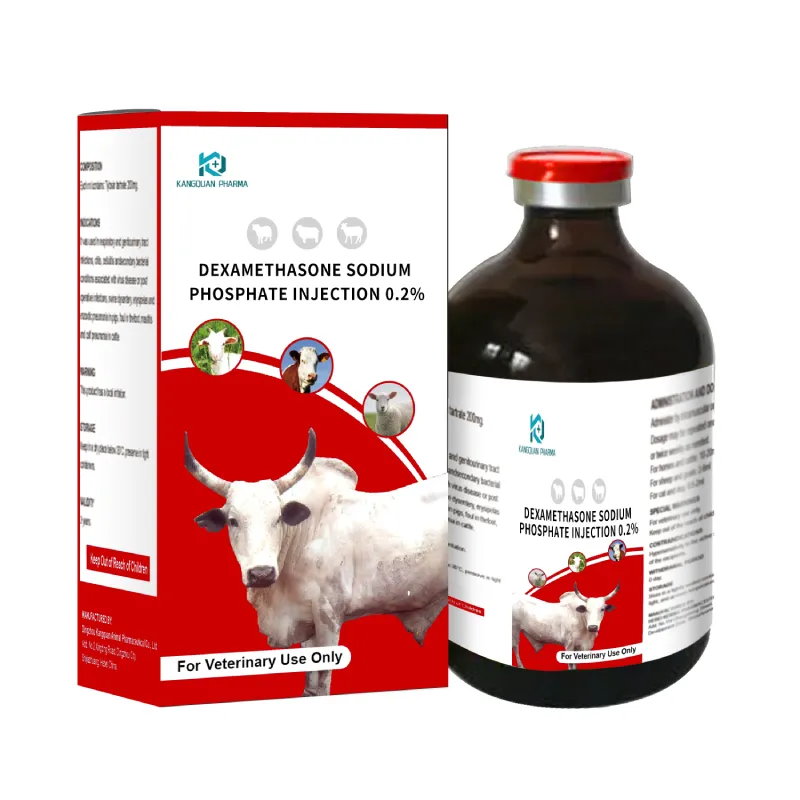- Afrikaans
- Albanian
- Amharic
- Arabic
- Armenian
- Azerbaijani
- Basque
- Belarusian
- Bengali
- Bosnian
- Bulgarian
- Catalan
- Cebuano
- Corsican
- Croatian
- Czech
- Danish
- Dutch
- English
- Esperanto
- Estonian
- Finnish
- French
- Frisian
- Galician
- Georgian
- German
- Greek
- Gujarati
- Haitian Creole
- hausa
- hawaiian
- Hebrew
- Hindi
- Miao
- Hungarian
- Icelandic
- igbo
- Indonesian
- irish
- Italian
- Japanese
- Javanese
- Kannada
- kazakh
- Khmer
- Rwandese
- Korean
- Kurdish
- Kyrgyz
- Lao
- Latin
- Latvian
- Lithuanian
- Luxembourgish
- Macedonian
- Malgashi
- Malay
- Malayalam
- Maltese
- Maori
- Marathi
- Mongolian
- Myanmar
- Nepali
- Norwegian
- Norwegian
- Occitan
- Pashto
- Persian
- Polish
- Portuguese
- Punjabi
- Romanian
- Russian
- Samoan
- Scottish Gaelic
- Serbian
- Sesotho
- Shona
- Sindhi
- Sinhala
- Slovak
- Slovenian
- Somali
- Spanish
- Sundanese
- Swahili
- Swedish
- Tagalog
- Tajik
- Tamil
- Tatar
- Telugu
- Thai
- Turkish
- Turkmen
- Ukrainian
- Urdu
- Uighur
- Uzbek
- Vietnamese
- Welsh
- Bantu
- Yiddish
- Yoruba
- Zulu
10 月 . 21, 2024 02:43 Back to list
Effective Solutions for Eliminating Coccidia in Dogs and Ensuring Their Health
What Kills Coccidia in Dogs? Understanding and Treating Coccidiosis
Coccidia are microscopic parasites that can infect the intestinal tract of dogs, causing a disease known as coccidiosis. This condition can lead to severe diarrhea, weight loss, and dehydration if left untreated, making it essential for dog owners to understand how to effectively combat these parasites. In this article, we will explore what kills coccidia in dogs, the treatment options available, and preventive measures to ensure the health of our furry friends.
Understanding Coccidia
Coccidia belong to the class Apicomplexa and primarily include several species of the genus *Isospora*. Dogs can become infected with coccidia through the ingestion of oocysts, which are the infective stage of the parasite found in contaminated food, water, or environments where an infected animal has defecated. Young puppies, immunocompromised dogs, and those living in overcrowded or unsanitary conditions are particularly susceptible to coccidiosis.
Symptoms of Coccidiosis
Before discussing how to eliminate coccidia, it's crucial to recognize the symptoms associated with the infection. Common signs include
- Diarrhea, which can be watery or contain blood - Vomiting - Abdominal pain or bloating - Lethargy - Weight loss or failure to gain weight
If you notice any of these symptoms in your dog, it’s important to consult a veterinarian for diagnosis and treatment.
Diagnosis
A veterinarian typically diagnoses coccidiosis by examining a fecal sample for the presence of coccidia oocysts. Often, a series of tests may be performed to rule out other gastrointestinal parasites and conditions. Once diagnosed, appropriate treatment can begin.
Treatment Options
The primary treatment for coccidiosis in dogs involves the use of specific antiparasitic medications. The most commonly prescribed medications include
1. Sulfonamides These are effective against coccidia and help inhibit the growth and reproduction of the parasites. Common sulfonamide drugs include sulfadimethoxine, which is often administered over a course of several days.
2. Amprolium This medication also acts against coccidia and is frequently used in both veterinary and poultry medicine. It works by interfering with the parasite's ability to utilize thiamine, thereby starving it of essential nutrients.
what kills coccidia in dogs

3. Supportive Care In addition to antiparasitic medications, dogs with severe symptoms may require supportive care, including rehydration therapy and nutritional support, to help them recover from the effects of the infection.
Environmental Control
In addition to treating the infected dog, it is essential to address the environment to prevent re-infection or spread to other dogs. Here are some steps you can take
- Clean & Disinfect Regularly clean living areas, bedding, and food bowls. Use diluted bleach solutions or commercial disinfectants designed to kill coccidia oocysts.
- Remove Feces Promptly Clean up any feces immediately from your yard or dog park to minimize contamination risk.
- Avoid Crowding Limit the number of dogs in a given area to reduce the chance of transmission, especially in facilities such as shelters or doggie daycares.
Prevention
Preventing coccidiosis is primarily about maintaining good hygiene and monitoring your dog's health. Here are a few preventive measures
- Regular Veterinary Check-ups Routine veterinary visits can help detect infections early, allowing for prompt treatment.
- Proper Nutrition A well-balanced diet supports the immune system, making your dog less susceptible to infections.
- Limit Exposure During outbreaks or in high-risk areas, limit your dog's contact with other animals until the situation is under control.
Conclusion
Coccidiosis in dogs can be a serious issue, but understanding what kills coccidia and how to treat and prevent it can make a significant difference. If you suspect your dog is infected, consult your veterinarian for diagnosis and treatment options. By maintaining a clean living environment and monitoring your pet’s health, you can help ensure that your dog remains healthy and free from coccidiosis.
-
The Power of Radix Isatidis Extract for Your Health and Wellness
NewsOct.29,2024
-
Neomycin Sulfate Soluble Powder: A Versatile Solution for Pet Health
NewsOct.29,2024
-
Lincomycin Hydrochloride Soluble Powder – The Essential Solution
NewsOct.29,2024
-
Garamycin Gentamicin Sulfate for Effective Infection Control
NewsOct.29,2024
-
Doxycycline Hyclate Soluble Powder: Your Antibiotic Needs
NewsOct.29,2024
-
Tilmicosin Premix: The Ultimate Solution for Poultry Health
NewsOct.29,2024













